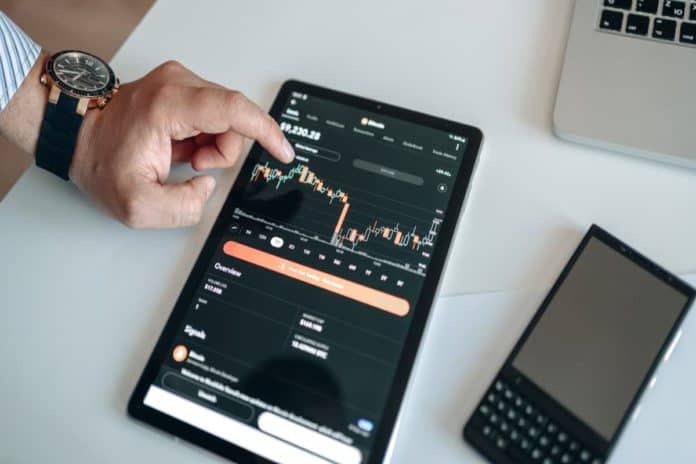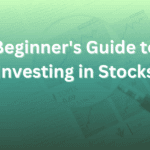Contracts for difference, or CFDs for short, are an excellent option for those who want to get involved in trading and investment without some of the pitfalls that can affect people trading actual assets. CFDs don’t involve a transfer of ownership, which gives them an edge when it comes to speed of acquisition, leverage options, and more.
But what exactly are CFDs, and how do they work? And why might it make financial and administrative sense for a person interested in trading and investment to opt for them?
What Are CFDs?
Before exploring the reasons why some people opt to take on CFDs rather than standard assets, it’s first important to establish a working definition of what these instruments actually are. CFDs are examples of what are known as derivatives, meaning that they derive their value from a market they track – rather than actually being part of the market themselves.
Take the example of a Facebook stock. If a trader buys an actual Facebook share, they will own part of the company and have some form of rights and control over the organization as well as benefiting from price rises. If they buy a Facebook stock CFD, they won’t have any ownership and hence won’t have any voting rights or similar. However, they will benefit from price rises and lose out from price drops. CFDs, essentially, are a way of accessing the financial side of investment without the associated ownership side.
They Want Easier Access
Often, people go for CFDs for this very reason. The ownership side of things can cause significant administrative headaches: not everyone is able to own stocks, for various reasons, and those who do may have to fill out significant paperwork. This can all cause time delays, which is not ideal if you’re planning to take advantage of what you perceive to be a profitable market moment.
CFDs, though, are relatively easy to access in comparison. Usually, all it takes is going through a sign-up process. This may require you to send a copy of your identification to the authorities at the broker in question, but this is not normally onerous – and, provided that there are no complications, it can normally be completed in a few days.
They Want To Pay Less Tax
Sometimes, CFDs can incur less taxation compared to some alternative forms of investment. However, this depends on the jurisdiction in which the trader is based. It’s always wise to check with a qualified financial professional before making decisions about what to invest in based on tax reasons, as the exact tax implications can vary based on where you are.
They Want To Use Leverage
People often choose CFDs because they require the use of leverage. Leverage allows an investor or trader to essentially borrow some of the cash they use for the principal. This can increase the size of returns – but it can also increase losses. This sort of practice is sometimes available in the ‘real’ asset world, but it’s often easier to implement at a CFD broker.
Leverage is a key part of the appeal for many CFD traders, as it can give a boost to the value of the investment and help a trader make the most of what they have available to them. It’s not for everyone though. The risk level involved means that there needs to be a proper understanding of why and how it works in place before any decisions to begin trading are made. Traders who are new should perhaps head to a respected information site such as Leaprate to read up on CFD trading services providers before they take the plunge.
They Want More Choice
People also often choose CFDs because they require a higher range of choice. There tends to be close to no end of options when it comes to the sorts of asset classes and industries offered by a CFD broker. Stocks, shares and ‘real’ assets, on the other hand, suffer from a problem of scarcity: many firms can only issue a certain number of stocks, for example, meaning that there is less choice available for traders and investors.
Ultimately, there are plenty of reasons why CFDs are preferable to ‘real’ assets. From the higher range of choice often on offer to the lower barriers to entry, CFDs are a top option for many people – and if you’re thinking of kick-starting your trading career, then this may well be the right place to look.












